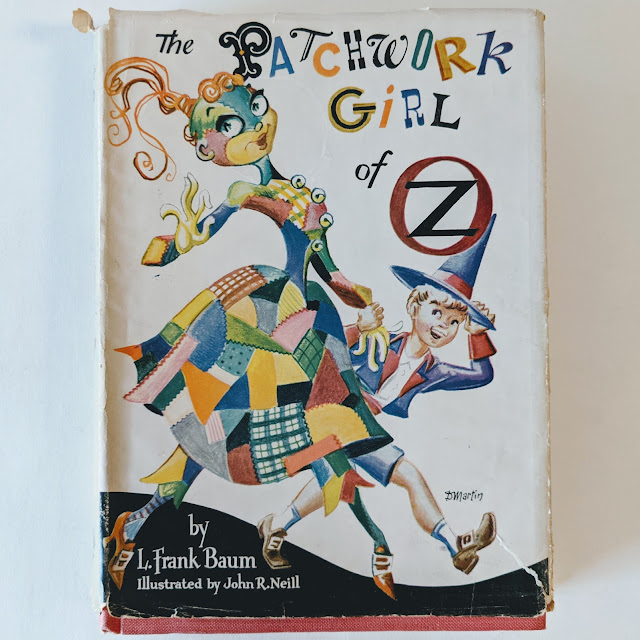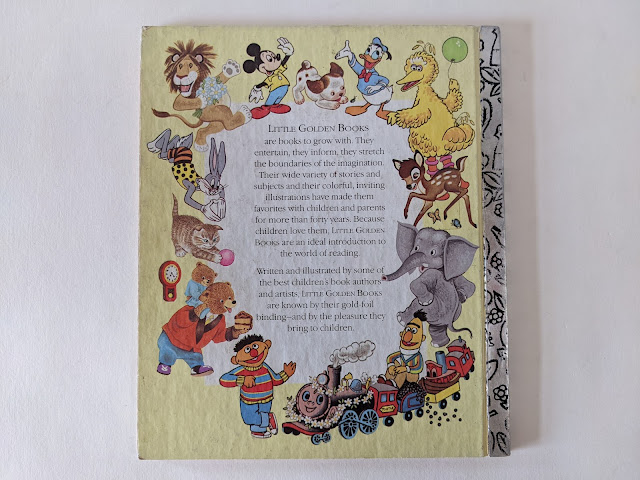How can I find out what my old children books are worth?
How I find out what the vintage children's books in my collection are worth?
How do I know what vintage children's books are worth?
One way that can help find the value of old children's books, like the ones that I collect myself is by comparing prices on websites where people sell them.
You can look up the book on Bookscouter or Abe Books, or even on eBay.
I search for the "title" and the "year" of the book that I have and look at the price that it's going for on those sites. That will give you a rough estimate of what the book is worth.
But that doesn't necessarily mean it's the actual value of the book if there are more people selling it at different prices.
(Related post: IS COLLECTING CHILDREN'S BOOKS WORTH IT?)
Sort children's books by sold prices on eBay
What you can do to really know what price a children's book is going for is filter the search by "Sold" items on eBay.
If you go to the menu on eBay, you can filter by sold in the last 90 days. Then you can see the price of the children's books that were actually purchased. This also shows the value by the year of the book or the rarity of the book. Which of course, is really what you want to know, how rare it is. Not how valuable?
Are first edition children's books more valuable?
The most difficult thing to find in a collectible children's book is a first edition print.
For instance, early Dr. Seuss books are difficult to find first editions in a good state.
For really rare books, there are these key factors that impact how collectible it is. Most people are looking for old books that are imaginative and have inventive illustrations.
A lot of older children's books have been re-printed over the decades and stayed in print based on the original publications. A lot of the books have earned children's picture book awards, because of how inventive, the original illustrators who made them were.
And many children's book characters became franchised characters. This includes making sequels that were published or extensions of the stories and products of them like toys games, dolls, costumes, etc.
And some of them have even crossed over into TV or feature film adaptation.
So first edition books, especially going all the way back to the 1920s, of course, are going to be the most valuable even more valuable. Especially first edition books with dust jackets.
When they first started a lot of children's books had dust jackets. Not so many as time went on but there were some over the years.
One thing that I find interesting is that the first edition book increases with age.
Copyright on a children's book can be misleading
Sometimes when a book is reprinted and the Copyright date is printed with the book in the illustration itself, much like something I've seen in the old wizard of Oz books, they keep that as the copyright and don't add a reprint date. Even though it's clearly been reproduced at a later date.
Another thing that's interesting, is that this will happen with reprints of Golden Books.
I will find a Golden Book that will say that it was printed in 1945 but on the back cover it clearly has Sesame Street characters on it, which didn't come out until the 1970s.
I'm not sure why this happens in Golden Books. But occasionally, I'll notice it. So, I always have to double check
What was the first children's book ever made?
What was considered the very first children's book publication?
A lot of book collectors say Wanda Gag's 1928 publication of "Millions of cats" was the beginning of the contemporary children's picture book industry.
A lot of price guides show works that were published before this from notable picture book illustrators. But those books were not picture books the way that we know them. They were more like chapter books with pictures.
How do I know if a children's book is valuable?
So, how do I find out if my books are valuable?
For the most part, it'll be rare for me to run across a really valuable children's book. But there are some that are worth more than others, just nothing that will be like winning the lottery.
But collecting them, in general, can be valuable if you're looking to sell them. Look at a book and think to yourself, would someone pay me double for this book?
Also I just really like to look at the artwork!
Get a gift!
Check out all the vintage children's books from my collection in my online store.


